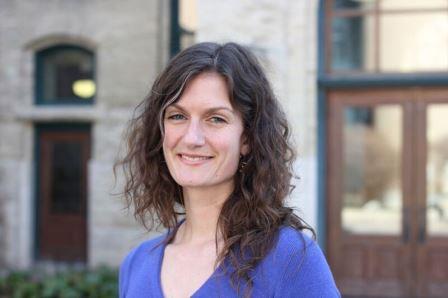
By
, Donna Epp, Kyrra Rauch, Rachel Herron, Candice Waddell-Henowitch, Andrea Thomson, Kim Ryan, Sharran Mullins, Doug Ramsey, and Stacey Lee
October 2021
Print Version
What you need to know
Stakeholder Conversations (virtual focus groups) were held in six rural communities across Canada (British Columbia, Alberta, Saskatchewan, Manitoba, Ontario, and Newfoundland). The intent was to develop recommendations for future research and knowledge translation related to suicidality in rural Canada. Stakeholders included community members, community leaders, and those in the health care sector, education, research, or other related occupations.
Why this research is important
The suicide rate is higher in rural communities when compared to urban communities (Hirsch, 2006; Hirsch & Cukorwicz, 2014; Singh et al., 2013). A previous scoping review of the literature indicated a paucity of research related to rural suicidality in Canada and, of the 39 articles included, few were qualitative (8/39).
How this research was conducted
A third-party liaison organization connected the researchers to potential participants as approved through the Brandon University ethics committee. Participant discussion took place in ZOOM breakout rooms after the group listened to a presentation on the scoping review findings. A round table discussion following the breakout rooms provided the opportunity for participants to share the most significant thing heard or discussed during the consultation, as well as any final comments.
What the researchers found
Stakeholders identified barriers to seeking help as rural culture, masculine norms, and stigma. Rural culture tends to be close-knit, which is in many ways a positive. The flip side of closeness is it affects anonymity or confidentiality when seeking help. As well, limited published research explores the lived experience of suicidality in rural communities. The stakeholders felt this was a missing piece to the research. Many of the stakeholders (72%) had personal experiences with suicide, having lost family, friends, community members, or clients to suicide and/or having battled with suicide ideation or attempts themselves. Stakeholders indicated that those with lived experience have valuable information for developing programs for prevention, intervention, and postvention related to rural suicide.
Firstly, the most voiceless people are the people that are dead, they can’t speak to us, … so sadly we’re the closest to a voice that these people are having, and I don’t know what the answer is. I mean, I guess that the best thing, like I said, is try to find someone that’s been there, that’s somehow crawled out of it, and maybe they can offer some solutions. (Roy, Manitoba)
How this research can be used
Qualitative research into suicidality in Canadian rural communities is missing. Stakeholders have indicated that those with lived experience of suicidality are an important piece of the solution and are ready to start the conversation to ultimately reduce the incidence of suicide in rural communities.
Acknowledgements
Funding for this research was provided through the Public Health Agency of Canada.
About the Researchers
Keywords
- Canada
- remote
- rural
- suicide
Publications Based on the Research
Epp, D., Hunter Rauch, K., Windsor, J., Dauphinais, J., Herron, R., Mullins, S., Lee, S., Ramsey, D., Ryan, K., Thomson, A., & Waddell- Henowitch, C. (2020). Suicidality in rural and/or remote communities: A scoping literature review [Report].Brandon, Manitoba, Canada: Centre for Critical Studies of Rural Mental Health, Brandon University.
Epp, D., Hunter Rauch, K., Herron, R., Waddell-Henowitch, C., Thomson, A., Ryan, K., Mullins, S, Ramsey, D., & Lee, S. (2021). Suicidality in rural and/or remote communities: A scoping literature review and stakeholder consultations [Report]. Brandon, Manitoba, Canada: Centre for Critical Studies of Rural Mental Health, Brandon University.
Editor: Christiane Ramsey
Read more BU Research
Research at Brandon University follows comprehensive policies designed to safeguard ethics, to ensure academic integrity, to protect human and animal welfare and to prevent conflicts of interest.









